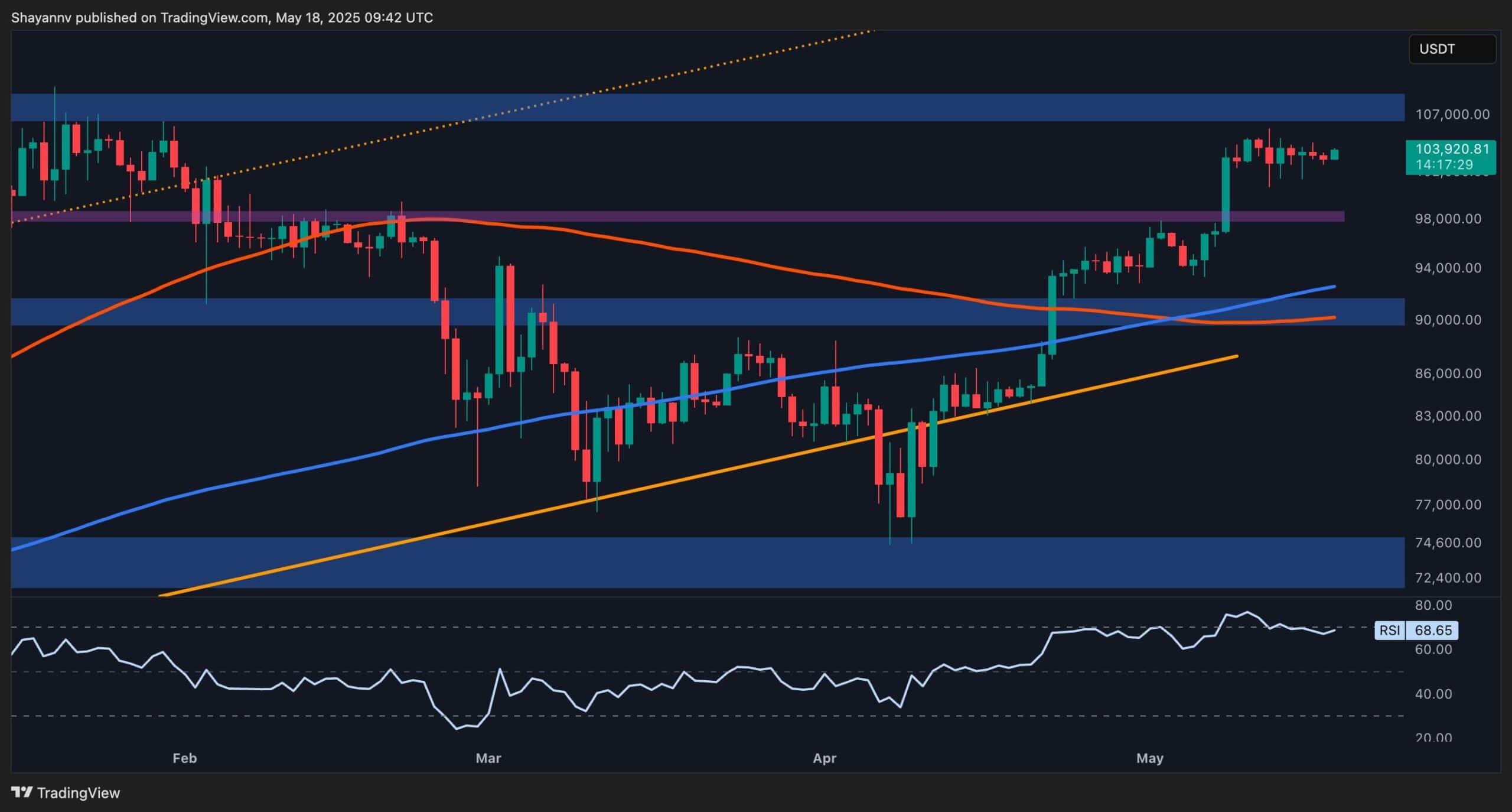
Spot Bitcoin exchange-traded funds in the United States experienced a sharp drop in net inflows over the past week as they snapped a 10-day streak of inflows that brought in nearly $1.07 billion.
According to data from SoSoValue, the 12 spot Bitcoin ETFs recorded $196.48 million in net inflows over the past week, a drop of 73.6% from the week prior, which saw $744.35 million enter the funds.
Notably, Bitcoin ETFs recorded net positive flows in the first four days of the week of March 24–28, starting with $84.17 million on Monday, followed by $26.83 million, $89.57 million, and $89.06 million. However, these investment products saw a shift in investor sentiment, ending the week with a net outflow of $93.16 million on Friday.
The majority of inflows were captured by BlackRock’s IBIT, which drew in $172 million, followed by Fidelity’s FBTC with $86.8 million per Faside data. Modest positive momentum also came from VanEck’s HODL, which saw $5 million in net inflows.
However, it wasn’t entirely a bullish week across the board, as ARK 21Shares’ ARKB, Bitwise’s BITB, WisdomTree’s BTCW and Invesco’s BTCO still saw combined outflows of $67.4 million. The remaining BTC ETFs remained flat over the five days.
Notably, the outflows seen on Friday, March 28, ended a 10-day streak of inflows, which also marked the longest inflow run of the year, bringing in nearly $1.07 billion into the funds. Analysts described the figure as relatively modest, noting that while there is demand for Bitcoin, investors are not showing an aggressive risk appetite.
Meanwhile, the sharp shift in investor mood on Friday came as Bitcoin’s quarterly performance is turning out to be its worst since 2018, when it crashed by 49.7%.
So far this quarter, Bitcoin is down 11.86% at $81,939, which is even worse than the 10.83% drop in Q1 2020. If prices bounce back a bit, the loss might end up being smaller than in 2020, but if the selling pressure continues, Bitcoin could dip below the $80,000 mark.
The recent sell-off erased almost all of Bitcoin’s weekly gains as investors remained cautious ahead of President Trump’s U.S. reciprocal tariffs set to take effect on April 2. Additionally, stronger-than-expected core PCE data have raised concerns about a potential delay in Federal Reserve rate cuts, adding to market uncertainty.











